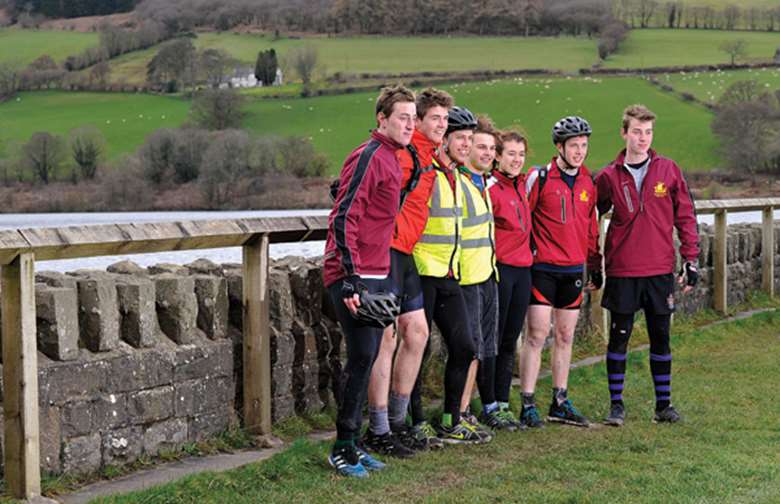Duke of Edinburgh's Award can still open doors today
Howard Williamson
Tuesday, February 2, 2016
My 12-year spell as a UK trustee of the Duke of Edinburgh's (DofE) Award came to an end last year. As Prince Philip put it to me when I had an audience with him in November, "you've certainly put in a good stint".

Register now to continue reading
Thank you for visiting Children & Young People Now and making use of our archive of more than 60,000 expert features, topics hubs, case studies and policy updates. Why not register today and enjoy the following great benefits:
- Free access to 4 subscriber-only articles per month
- Unlimited access to news and opinion
- Email newsletter providing advice and guidance across the sector




